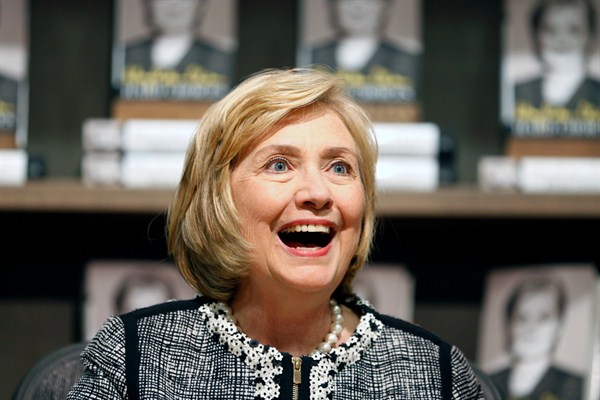The United States is at a transitional point in its national security strategy at least as important as the one after Vietnam and perhaps as crucial as the opening years of the Cold War. Although debate today about America’s future role in the world is limited to think tanks, academia and the media, during the 2016 presidential campaign, this will change. National security will move into the limelight as differing visions within and between the Democratic and Republican parties clarify policy options and choices. For both U.S. and global security, much will be at stake.
It is, of course, too early to predict precisely how this will unfold since no one knows which candidates will come out on top. Former Secretary of State Hillary Clinton is the current betting favorite for the Democrats, so her positions on national security bear close scrutiny. But she has yet to formally announce that she will run, and has good personal reasons not to. On the Republican side, the field is wide open, without a clear leader or heir apparent. But whoever emerges during the primaries, debate within the parties will swirl around big strategic questions.
For the Democrats, the role military power should play in U.S. strategy will be a central issue. Even though much of the American public favors a lower profile in the world, both centrist and progressive Democratic leaders support an activist American foreign policy. But more leftist Democrats want less use of military force. Centrists accept the old strategy of former President Bill Clinton: Combine global engagement with a willingness to use U.S. military force under some conditions to stop direct threats to American allies and support international peacekeeping, along with the active provision of military help to friendly nations and groups.

